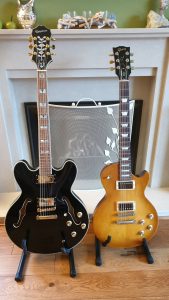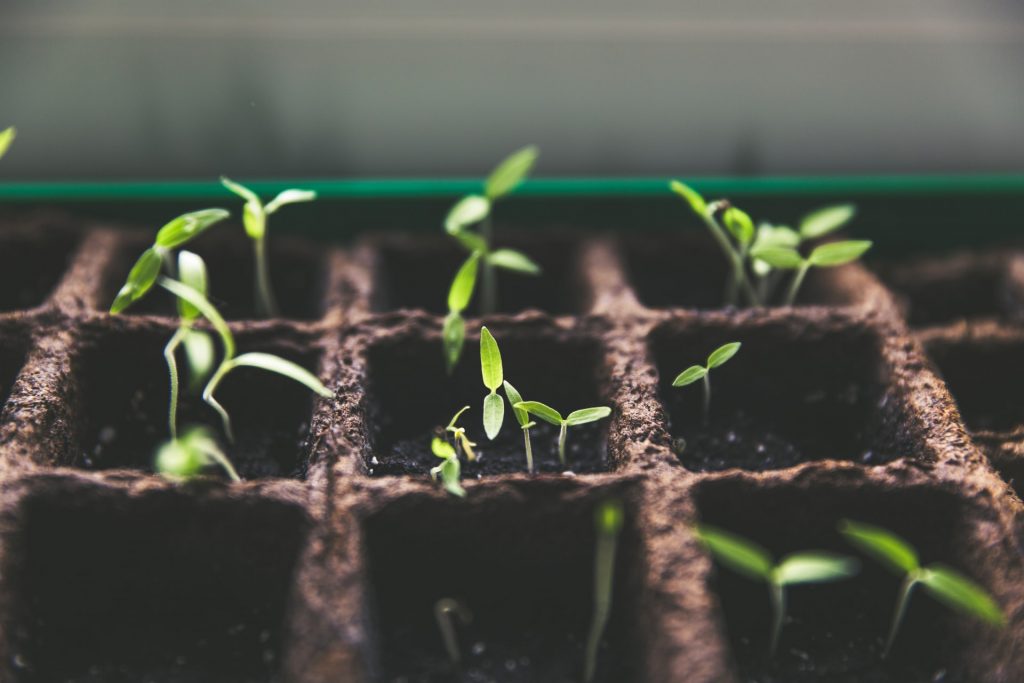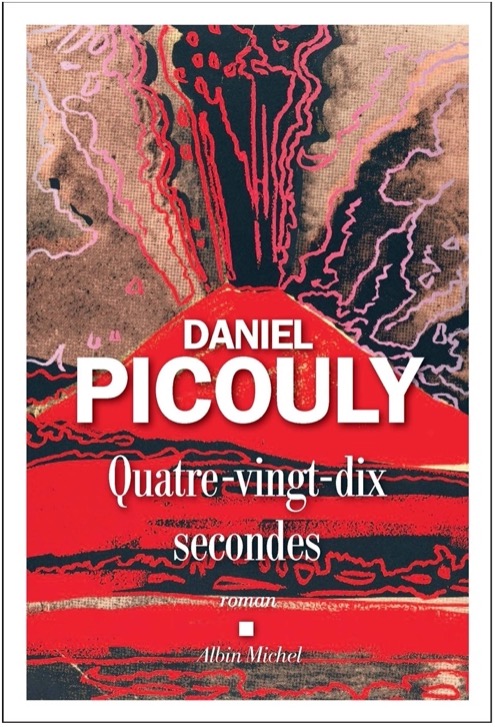This post is part of our Research Initiation Scheme for 2021-2022.
On the 28th of January, Dr Piotr Blumczynski (Translation and Interpreting, QUB) delved into the fascinating world of translation and highlighted the rich and sacred history the word bears. Beyond its textual realms, translation also describes the transfer of a dead body or relic to a new place of veneration, therefore bringing into conversation what translation does and how it is experienced. It is this experiential nature of translation that led Dr Blumczynski to introduce the term translationality. Drawing from three intriguing artefacts, Dr Blumczynski showed how holy relics, palaeolithic caves and the electric guitar of a famed artist can all evoke a translational experience. That is, allow the past to be powerfully felt in the present.

Dr Blumczynski began his talk by examining the medieval practice of translation whereby relics, often the sacred bones or clothing of a saint, were ceremonially transferred from one location to another. Examples of relics being translated include the bodies of two martyrs, Gervasius and Protasius, revealed to Saint Ambrose of Milan in a vision. Dr Blumczynski explained how the movement of the excavated remains of these ‘two men of marvellous stature’ (as Saint Ambrose termed them in one of his Letters) created a translational experience for witnesses. This experience included people dancing, feasting, and touching the bejewelled bones for their miraculous powers. Compared to textual translation, the translation of relics features the material transfer of objects through space. In this way, Dr Blumczynski stressed that we are not to think of translation of relics as metaphors of textual translation. Rather, the reverse is true, because ideas and meanings do not actually travel.
Continue reading
